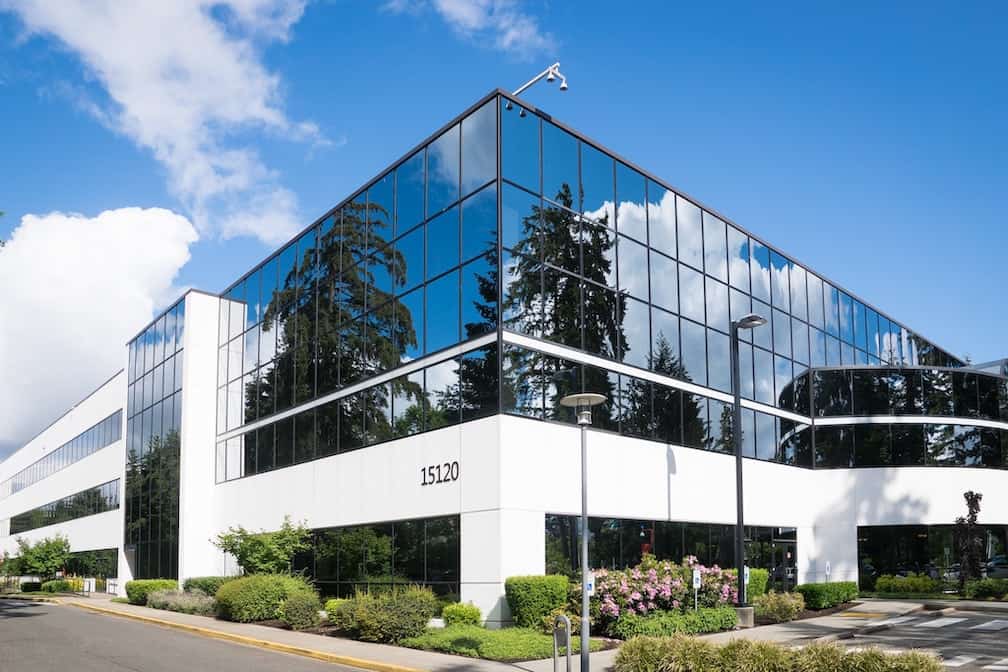With more businesses fully reopening and employees returning to their desks, bed bugs will again be an issue. In non-residential commercial facilities such as office buildings and retail stores where inactive, sleeping human hosts are not readily available, bed bugs tend to wander around randomly looking for unsuspecting targets.
The presence of bed bugs in a business or apartment or condo building, even if it is an isolated incident, combined with the power of social media, can wreak havoc on an establishment’s reputation, cause stress for both employees and residents, and have negative financial repercussions (i.e., unrentable units).
According to research from the National Pest Management Association (NPMA), summer is peak season for bed bug activity. And even though offices, hotels, retail stores, and other commercial facilities were closed or had reduced hours due to the pandemic, it is important to remember that bed bugs can still be present as they can survive months without feeding.
In multi-unit housing complexes, the threat of bed bugs has remained constant during the shutdown as residents have sheltered in place and pest management professionals have had reduced access for inspections and treatments. Since bed bugs are excellent hitchhikers, they can easily be transported in a backpack or article of clothing between homes and offices or vice versa. Bed bug infestations sneak up without warning, invading and disrupting even the most well-run business.
What types of non-residential commercial facilities are most susceptible to bed bug infestations?
- Extended Care/Assisted Living Facilities
- College Dorms
- Office Buildings
- Schools/Daycare Facilities
- Hospitals
- Medical Offices
What Not to Do When You Suspect Bed Bugs
With more businesses fully reopening and employees returning to their desks, bed bugs will again be an issue. In non-residential commercial facilities such as office buildings and retail stores where inactive, sleeping human hosts are not readily available, bed bugs tend to wander around randomly looking for unsuspecting targets. “Bed bugs, like other pests, did not go away during the pandemic,” said Tom Fitzgerald, bed bug supervisor for Rottler Pest Solutions. “Bed bugs can survive long periods between meals and as businesses welcome employees, guests and customer back we anticipate bed bug activity to increase.”
Even though bed bug populations in these settings tend to be low, they will slowly grow in numbers (mainly by reintroduction in personal belongings and clothing) and can become a widespread issue before anyone realizes it. Besides work cubicles, common sites for bed bugs include under raised floors, inside room dividers, behind cove moldings, and anywhere workers or guests congregate such as around copy machines, lunch areas, lounges, meeting rooms, and waiting areas.
When faced with a possible bed bug issue facility, office and retail store managers and owners should avoid the following:
- Do not try to hide information about the bed bug problem from employees.
- Do not “blame” or stigmatize workers whom you suspect have brought in the bed bugs.
- Do not try for control “on the cheap.” To successfully control bed bugs once they are widespread in an office setting requires intensive monitoring and service over many months. Call a pest management professional.
The best plan to deal with bed bugs is to be prepared. Work with your pest management service provider to develop a written “bed bug action plan” in advance of problems being identified with specific procedures and responsibilities for responding to a bed bug incident.
Work to educate employees and maintenance staff about:
- The risk of moving bed bugs from home to office, from office to home, from office to office.
- Basic bed bug biology and habits.
- How to recognize bed bugs, their signs, and their bites.
- The actions they can take to reduce the risk of spreading bed bugs.
Bed Bug Prevention Tips
How can commercial property managers prevent bed bugs from becoming an issue? Fitzgerald said the most important thing a commercial property can do in the fight against highly mobile bed bugs is to have regular inspections. “Property managers need to know how bed bugs are getting in and where they are going inside an apartment or office building, and regular inspections will help provide that information,” said Fitzgerald. “It helps stay ahead of any bed bug situations because the longer the problem lingers, the worse it can become.”
Rottler offers the following tips to help keep bed bugs from infesting your property:
- Vacuum and clean all surface areas including offices, hallways, lobbies, break rooms, storefronts and restrooms daily.
- Train employees and tenants/residents to notice the signs of bed bugs as they go about their daily duties and activities. Pay close attention to the seams of furniture, mattresses, drapes and upholstery for telltale brownish or reddish spots.
- Bed bugs have also been known to infest electrical sockets, surge protectors and behind picture frames. Be vigilant in spotting possible signs of bed bugs. Employees and tenants/residents are an important part of the management process.
- Eliminate clutter – especially in storage areas – which provides ideal harborage for bed bugs.
- Carefully inspect all items and packaging when unpacking new inventory or receiving shipments for signs of bed bugs. Encourage employees/residents to do the same with their groceries or when returning from their travels.
- If someone reports bed bugs, the area should be checked immediately and the bug collected, if possible, for identification by your pest management service provider.
The Rottler Bed Bug Advantage
- Rottler’s highly trained human and canine inspectors will identify the root cause of your bed bug infestation and deploy the appropriate resources to eliminate it.
- Rottler uses the latest bed bug management technology including inspections using canines, heat treatments, targeted pesticide applications and preventive treatments including mattress encasements and monitors.
If your business is looking for a pest management partner that goes the extra mile to design and deliver comprehensive integrated pest management programs, call 314-426-6100 or email Rottler Pest Solutions for a free QA inspection, consultation, or training for your staff.


